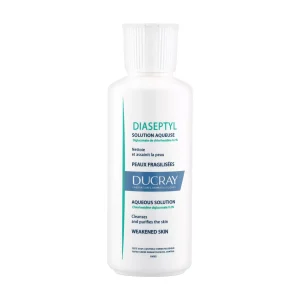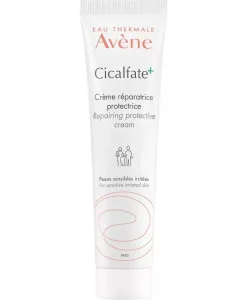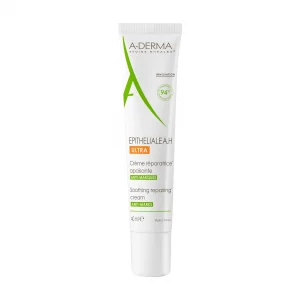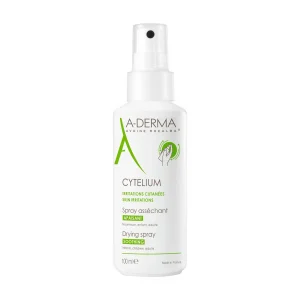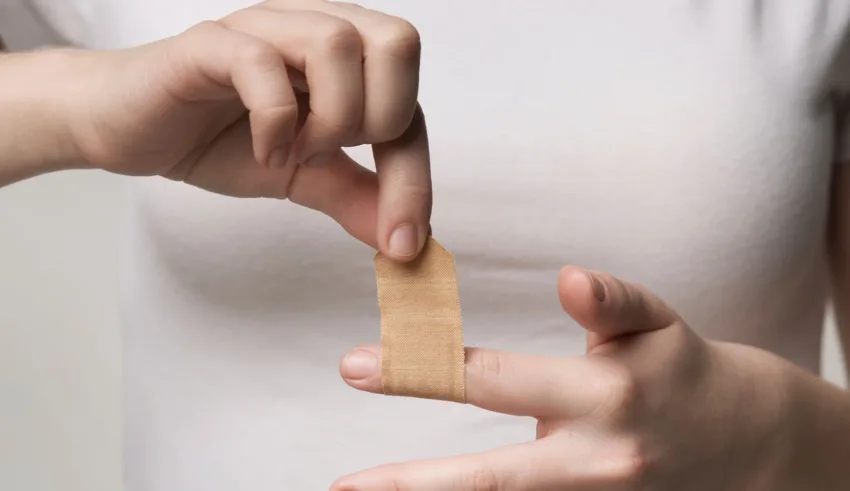
Every day, small wounds, like a small paper cut on your finger, or a minor burn from cooking, can get in the way. How can you help your skin heal more quickly and safely so you can get on with your life? Learn about the different signs of healing in this article from The Dermo Lab and how to choose the best ointment for wounds for fast, safe healing with reduced risk of scarring.
What causes wounds, cuts, and abrasions?
A wound is a break or damage to the surface of the skin. Minor wounds usually do not require medical attention and can be treated with first aid.
Cuts, scrapes, and lacerations are all examples of injuries. Cuts are usually caused by a sharp object such as a knife or glass, or even a sheet of paper. Lacerations are deep cuts or tears in the skin – they usually have jagged, irregular edges. Abrasions (also called scrapes) are superficial injuries where the top layer of skin is damaged by friction. Abrasions can occur when a person falls off a skateboard or bike and their body moves across the ground.
Puncture wounds are deep wounds caused by a sharp object, such as a nail, penetrating the skin. An animal bite can also cause a puncture wound.
Surgical wounds are cuts made during surgery – they are usually closed with stitches.
Other types of wounds can be caused by immobility, such as pressure sores or ulcers.
What are the possible complications of wounds?
Infection is one of the most common complications of wounds. If a wound does not heal or has redness, increasing pain, swelling, warmth, oozing, or pus, or if the wound smells bad, you should seek medical attention immediately because it may be infected. Fever is also a sign of infection.
Tetanus is a potentially fatal infection that can infect most types of wounds, especially those contaminated by dirt.
How to heal wounds faster?
- Cleanse
A clean wound is the essential first step to optimal healing. Clean your wound of dirt, bacteria, and visible particles with the following disinfectant spray to speed up the healing process. It is designed to be used on small wounds and to protect the skin from microorganisms that may enter through cuts.
Ducray Diaseptyl Spray
- Stop the bleeding
Small cuts and abrasions usually stop bleeding on their own. A cut on the head or hand may bleed more because these areas have many blood vessels. To stop the bleeding, gently apply firm, direct pressure with a clean cloth or gauze. Keep the pressure steady.
- Protect
Once the bleeding has stopped and the wound is clean, you should cover it with a sterile bandage or gauze pad and tape. You should protect your wound from dirt and bacteria to allow proper healing. Cover your wound with a sterile dressing.
Should I keep the wound moist or dry? Studies have shown that in a moist environment, cells grow, divide and migrate faster to optimize the healing process. In a moist environment, scabs, which prevent new tissue from forming, are avoided.
When it comes to treating a minor wound, it’s important to cover your wound because:
- it will speed up the healing of your wound by up to two times.
- it will prevent the formation of scabs and scars.
- it will keep your wound soft.
- it will ensure healthy healing.
What should I look for in a cream or ointment for wounds?
Applying a wound cream or ointment is very important to support and accelerate the natural healing of minor surface wounds such as cuts, scrapes, and abrasions. Check out the following creams that help build and maintain a healthy skin environment for ultimate healing.
For non-oozing wounds:
Eau Thermale Avène Cicalfate+ Restorative Protective Cream
The benefits of this cream: It is a rich, nourishing cream infused with a healing ingredient that helps protect the skin from external aggressors while maintaining adequate moisture for optimal skin restoration. It contains Avène Thermal Spring Water, which has been clinically proven to soothe, soften and calm the skin. It is safe for infants, children, and adults!
A-Derma Epitheliale A.H Ultra Soothing Repairing Cream
The benefits of this cream: Its formula with 94% ingredients of natural origin has a triple action:
- promotes rapid and aesthetic skin repair,
- helps reduce the appearance of skin spots,
- instantly and durably soothes unpleasant skin sensations.
For oozing wounds:
If your wound is oozing, we recommend drying it with the following spray from A-Derma which drains and decongests oozing skin. It also soothes, calms, and softens the skin in case of irritation.
A-Derma Cytelium Drying Spray
Once your wound is dry, you can follow up with the creams mentioned above.
Frequently asked questions
Do wounds heal faster in cold weather?
No, wounds are more painful and heal more slowly in winter. Temperature is the most critical and effective way to promote or delay wound healing. As the temperature increases, it takes less time for the wound to heal. Colder temperatures cause blood flow to slow down, which is a critical part of the healing process.
Why do wounds hurt more at night?
Some injuries may feel more severe at night due to the increased inflammatory processes that occur at night. This process is important to bring in the cells needed to heal the affected site.

